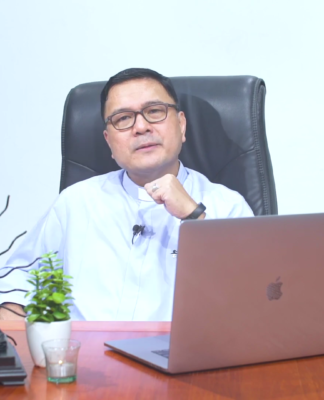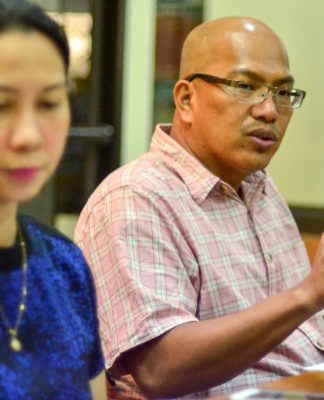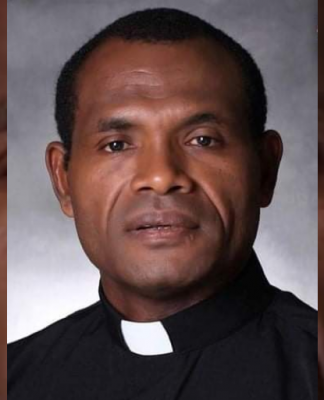26 June 2014, 9:38 p.m. – The Catholic Bishops’ Conference of the Philippines (CBCP) has urged Catholic schools and the government to help teachers cope with the transition period of the K to 12 program in 2016.
In a statement Thursday, CBCP President Archbishop Socrates Villegas said Catholic institutions and school officials should be “creative” in looking for options for their educators who will struggle to find work two years from now.
“We urge the trustees of our Catholic school corporations and school officials to be creative, to provide opportunities for the re-tooling and re-training of our instructors and professors in tertiary education to be able to handle subjects in senior high school,” Villegas said. “Our Catholic school teachers and instructors should not be left to their own devices.”
Catholic colleges should open their own senior high school programs, Villegas said, adding that this should not be problematic because most of these colleges already offer secondary education.
The Archbishop of Lingayen-Dagupan said opening up another year in high school would adhere to the Catholic institutions’ mission of evangelization and formation.
“Our Catholic schools cannot excuse themselves from the responsibility of tailoring curricula to fulfill their mandate of evangelization and formation,” he said.
In the statement, the CBCP chief also encouraged the government to provide help to Catholic schools generously, not begrudgingly, saying these institutions help build the nation.
“We must also remind the government that since our Catholic schools provide the education that the State is mandated by the Constitution to provide, the Church in fact provides service to the State,” Villegas said. “It is not unreasonable to declare that the assistance to private schools from the State must not be given grudgingly, but should be generous as our Catholic schools have been generous in helping build the nation.”
Villegas asked teachers to be committed in their work and avoid “waiting for more lucrative offers from higher-paying institutions” to embody the lessons taught in the Last Supper.
“I also appeal to our Catholic school teachers, instructors and professors, not only to be committed to service, but to take to heart—and as the prime motive for applying with Catholic schools—the command of the Last Supper: to love with such an unconditional love that we can wash each other’s feet,” Villegas said. “The Catholic educator who chooses to continue serving even when material rewards may not be hefty are assured by God’s Word of the abundant harvests of the Spirit.”
Last Tuesday, the Commission on Higher Education, the Department of Education, the Technical Education and Skills Development Authority, and the Department of Labor and Employment proposed a P29-billion stabilization fund to help teaching and non-teaching employees of higher education institutions who will lose their jobs during the transition period of the K to 12 program.














